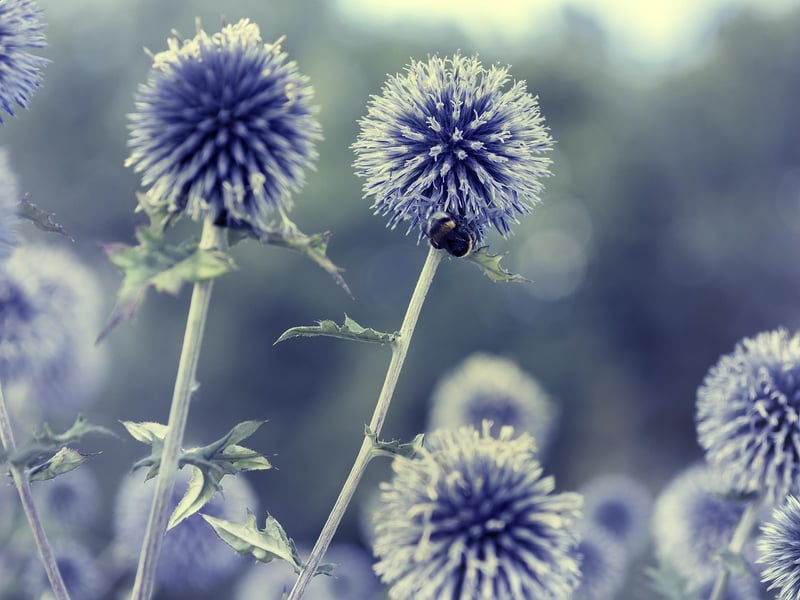Outdoor Gardens
Tips for Healthy Plants in Outdoor Gardens
Welcome to our guide on keeping your outdoor garden plants healthy and thriving! Whether you are a seasoned gardener or just starting, these tips will help you create a flourishing garden that you can enjoy all year round.
1. Choose the Right Plants
Before you start planting, research which plants thrive best in your specific climate and soil type. Select plants that are suitable for your region to ensure they have the best chance of flourishing.
2. Provide Adequate Sunlight
Most plants require sunlight to grow and thrive. Make sure your outdoor garden receives an adequate amount of sunlight based on the sunlight requirements of your plants. Some plants may thrive in partial shade, while others need full sun exposure.
3. Water Regularly
Proper watering is essential for plant health. Be mindful of the water needs of each plant species and water them accordingly. Overwatering or underwatering can harm your plants, so find the right balance.
4. Mulch Your Garden
Applying mulch to your garden beds helps retain moisture, suppresses weeds, and adds nutrients to the soil as it breaks down. Mulching also helps regulate soil temperature, protecting plant roots from extreme heat or cold.
5. Prune and Deadhead Regularly
Pruning encourages healthy growth and helps shape your plants. Remove dead or diseased branches to prevent the spread of disease. Deadheading spent flowers promotes new blooms and keeps your garden looking fresh.
6. Fertilize Your Plants
Provide your plants with essential nutrients by fertilizing them regularly. Choose a fertilizer that suits the needs of your plants, whether they require more nitrogen for leafy growth or phosphorus for flowering.
7. Monitor for Pests and Diseases
Keep an eye out for any signs of pests or diseases in your garden. Early detection is key to preventing infestations that can damage your plants. Consider using natural remedies or organic pesticides to protect your garden.
8. Rotate Your Crops
If you have a vegetable garden, practice crop rotation to prevent soil depletion and minimize disease buildup. Rotating crops helps maintain soil fertility and reduces the likelihood of pests targeting specific plant species.
By following these tips and staying attentive to the needs of your plants, you can create a vibrant and healthy outdoor garden that brings beauty and joy to your outdoor space.

For more gardening inspiration and tips, explore our gardening website.
